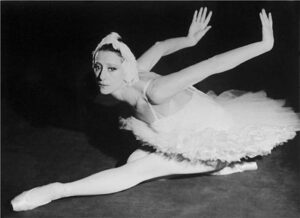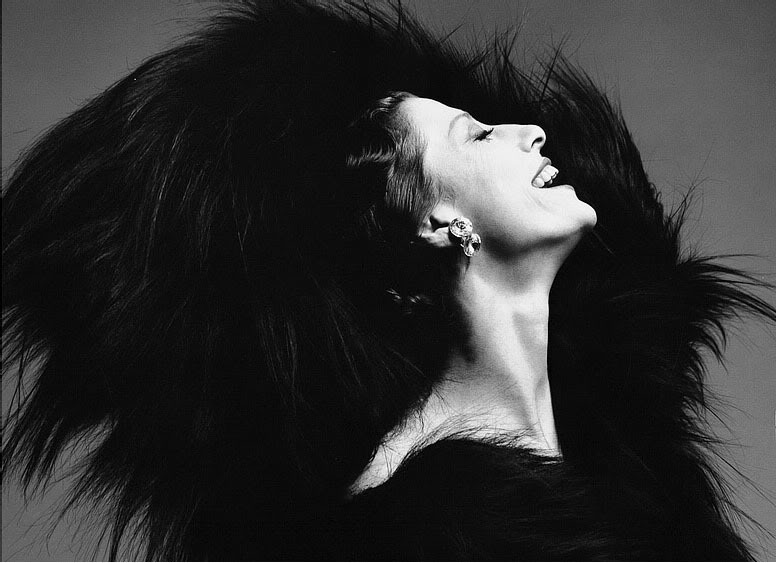Baila Blog, Ballet, Dance
The swan is dead: The legendary Maya Plisetskaya has passed away
No other woman ever danced like her. Her body transcended every natural law and lyricism gushed from every pore. The great, idiosyncratic, unique Maya Plisetskaya passed away on Saturday night at the age of 89 (she would have turned 90 in November) in Munich, causing waves of emotion worldwide.
Maya Plisetskaya's heart simply stopped beating. Bolshoi Theater Director Vladimir Urin called her death "a huge loss, not only for Russian culture, but also for the entire world of ballet."
She was the big star, the symbol of the Bolshoi ballets. And she danced more than any other dancer, even after she was sixty. She danced on the biggest stages in the world, she became the muse of thousands of children who got involved in ballet, she became the image of an art made of dream and discipline.

Her life was difficult, even from her earliest childhood. She was born in 1925 in Moscow and spent her early years in a mining colony run by her engineer father on the island of Spitsbergen, in the Norwegian Arctic Circle. Under the Stalinist regime, her family was labeled “enemies of the people.” In 1938, her father was executed, while her mother was arrested and imprisoned in a labor camp in Kazakhstan. “My memories are filled with endless pain and humiliation,” she revealed in her 2001 autobiography.
"What made her overcome all obstacles and dangers was her unwavering determination and her refusal to do things any other way than her own," dance critic Robert Gottlieb wrote in the Los Angeles Times in 2001.

Maya Plisetskaya studied at the renowned Moscow Ballet School from the age of nine and first appeared with the Bolshoi at the age of 11, joining it exclusively from 1943 and becoming its prima ballerina in 1960. Fearing that she might defect to the West, Soviet authorities had banned Plisetskaya from traveling abroad until 1959, when Nikita Khrushchev lifted the travel ban in response to her growing popularity.
In 1959, she participated in the famous Bolshoi tour of the USA and Canada where she performed Odette/Odile in Tchaikovsky's masterpiece "Swan Lake". This role became her later fame, becoming a point of reference for dancers and the world audience. She "died" like a real swan on stage, after having spent hours observing swans in the park. Plisetskaya remained at the Bolshoi until her retirement in 1990, choreographing, teaching and dancing.
Since 1991, Plisetskaya had lived in Munich, where she had settled with her husband, Russian composer Rodion Sedrin, after the collapse of the Soviet Union.
Source: iefimerida.gr

